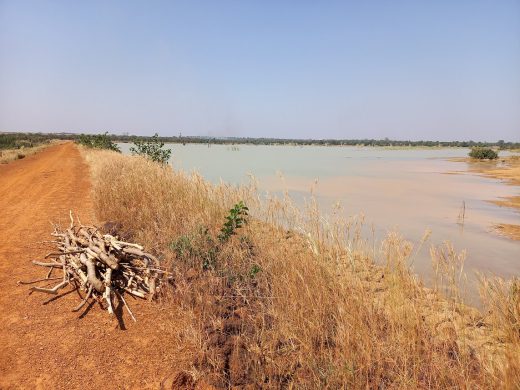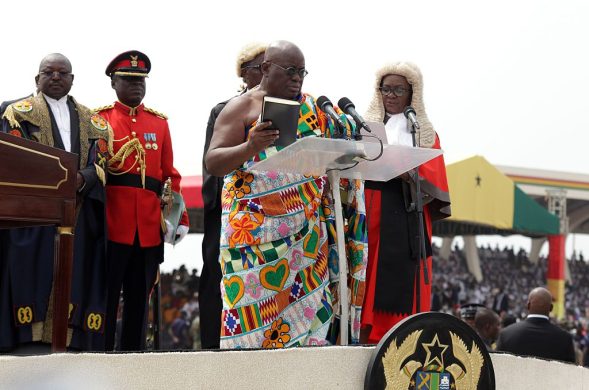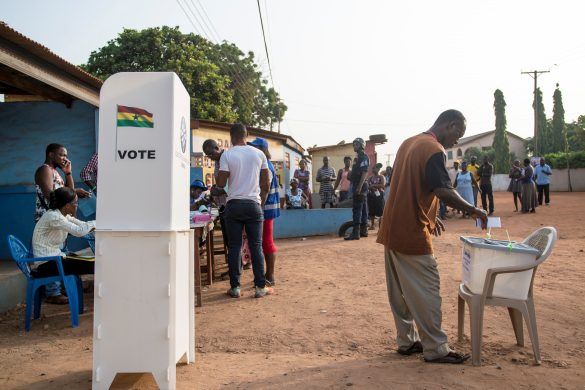Ghanas President John Kufuor has launched a National Insurance Health Scheme designed to offer affordable medical care, especially to the poor and vulnerable among the 19 million inhabitants of the West African country.
Adult Ghanaians are to pay a monthly minimum subscription of six thousand Ghanaian cedis (0,66 US dollar). The government will cater for health treatment of the aged, the poor as well as children of parents who both subscribe to the scheme.
The national daily minimum wage is currently pegged at 9.200 cedis, an equivalent of one US Dollar.
– Ghana is a poor country straddled with many problems, all demanding priority attention. The scheme is the solution for the health care sector and the only viable alternative to the outdated and rigid system of cash and carry, Kufuor said in the capital, Accra, at the official launch of the scheme.
Ghana has operated a cost-recovery health delivery system known infamously as the „cash-and-carry‟ system since 1985, whereby patients are required to pay up-front for health services at government clinics and hospitals. This has, however, pushed health care far beyond the reach of the ordinary Ghanaian.
President Kufuor attributed an „unacceptable‟ 80 per cent of ill-health and early deaths in Ghana to infectious diseases, pregnancy and child-related problems and accidents. In future, such ailments will be catered for under the Health Insurance Scheme.
Ghanas Scheme is to be operated as a multiple one encompassing District Mutual Health Schemes in all of the countrys 110 districts, private mutual health insurance and private commercial insurance schemes in order to afford all Ghanaians the opportunity to join a health insurance scheme of their choice.
According to the Ministry of Health, it will cost the government between 70 and 120 billion cedis – over13 million US dollar – annually to replace the „cash-and-carry‟ system and finance health care in public facilities.
The government is currently financing the scheme by borrowing 2,5 percent out of a 17,5 percent levy that about 850.000 people in the formal sector already pay to the National Workers Social Security Scheme.
A new 2,5 percent National Health Insurance Levy will also be pumped into a fund to cater for those who cannot afford to make contributions.
According to Kufuor, 40.6 billion cedis – nearly 5 million US dollar – from the Heavily Indebted Poor Countries Index (HIPC) has been used to fund the scheme at the district level. A similar amount has been set aside for health workers who agree to work in deprived areas in the country.
– An additional 1.200 ward aides will be trained by December this year to make up for the exodus of Ghanaian nurses while government will initially provide 60 ambulances to support the scheme, Kufuor added.
Though officially launched, Ministry of Health Officials say it will take the next six months for the National Health Insurance Scheme to become fully operational. Over 20 districts have not yet started to implement it.
– Over 90 districts and sub-metros are at various stages of implementation. Twenty-two districts are just about to start the implementation process, Health Minister Dr. Kwaku Afriyie said.
Furthermore, Kufuor is yet to inaugurate a national health insurance council, which will supervise the operations of the new scheme.
The main opposition National Democratic Congress (NDC), which governed Ghana from 1992 to 2000, has accused the government of rushing into operating the scheme in order to fulfil an election promise Kufuor made four years ago.
– We have expressed concerns with the indecent haste with which the national health insurance scheme is being passed and the inadequacies that have been exposed even before the scheme comes into operation, NDC Presidential candidate and former Ghanaian Vice-President, Professor John Atta Mills, said earlier in Accra.
– We will review the scheme when we assume office next year. Based on the pilot projects conducted when we were in power, we will implement a revised scheme without the 2,5 per cent workers social security deductions and the 2,5 per cent value added tax (moms, red.) increase, Atta Mills added.
Kilde: FN-bureauet IRINnews















